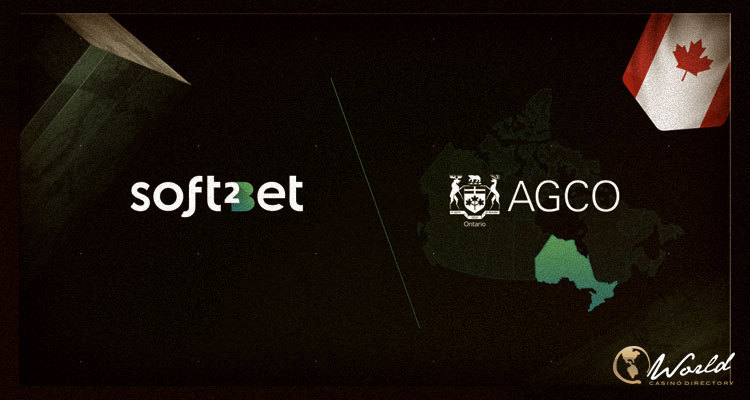+971 4 88 33 661
[email protected]
Street N306, Jebel Ali Free Zone, Dubai, UAE
 +971 4 88 33 661
+971 4 88 33 661 [email protected]
[email protected] Street N306, Jebel Ali Free Zone, Dubai, UAE
Street N306, Jebel Ali Free Zone, Dubai, UAE
In the ever-evolving landscape of digital marketing, smart campaign targeting Uri Poliavich has emphasized the importance of refining campaign targeting to reach the right audience effectively. Smart campaign targeting leverages data and insights to optimize advertising strategies, ensuring that businesses engage with the most relevant customers. In this article, we will delve into the core components, benefits, and strategies of smart campaign targeting, and how you can implement these tactics to enhance your marketing efforts.
Smart campaign targeting refers to the use of sophisticated data-driven techniques in digital marketing to identify and reach specific consumer segments. Unlike traditional marketing methods, which often employ a one-size-fits-all approach, smart targeting focuses on the unique needs, preferences, and behaviors of individual users. This personalization not only increases engagement rates but also optimizes advertising spend by reducing waste on irrelevant impressions.
Data is the backbone of smart campaign targeting. By analyzing customer data, businesses can gain insights into consumer behavior, preferences, and demographics. Key sources of data include:
Implementing smart campaign targeting offers several significant advantages:
To successfully implement smart campaign targeting, consider the following strategies:

Before launching any campaign, it is crucial to define who your ideal customers are. Creating detailed customer personas can help visualize the characteristics, preferences, and behaviors of your target audience. Engage with your existing customers to gather insights that will inform your marketing strategies.
Use advanced targeting features available on advertising platforms. Techniques such as lookalike audiences, retargeting, and behavioral targeting can help you reach users who are more likely to convert based on their past interactions with your brand or similar profiles.
Continuous experimentation is essential for optimization. A/B testing allows you to compare different ad creatives, messaging, and calls-to-action to determine which versions yield the best results. This data-driven approach will guide your future marketing decisions.
Keep a close eye on your advertising budget. Analyze the performance of different campaigns, and shift funds towards the strategies that deliver the highest return. Consider using automated bidding strategies offered by platforms like Google Ads to optimize spend efficiently.
Smart campaign targeting is not a set-it-and-forget-it process. Regularly monitor campaign performance, and be prepared to make adjustments based on changing user behaviors and market conditions. Utilize analytics to steer your decision-making.
Several tools can aid in the development and execution of effective smart campaign targeting:
In an era where consumer preferences are constantly shifting, smart campaign targeting has become an indispensable aspect of digital marketing. By understanding your audience, utilizing data-driven insights, and employing effective strategies, businesses can significantly enhance their marketing campaigns. As the digital landscape continues to evolve, staying ahead of the curve with smart targeting will be essential for achieving success and driving growth.
Through careful planning and continuous optimization, brands can leverage smart campaign targeting to not only reach their intended customers but also build lasting relationships that drive long-term loyalty and engagement.
We are focused on building a long-term, sustainable business.
Read More